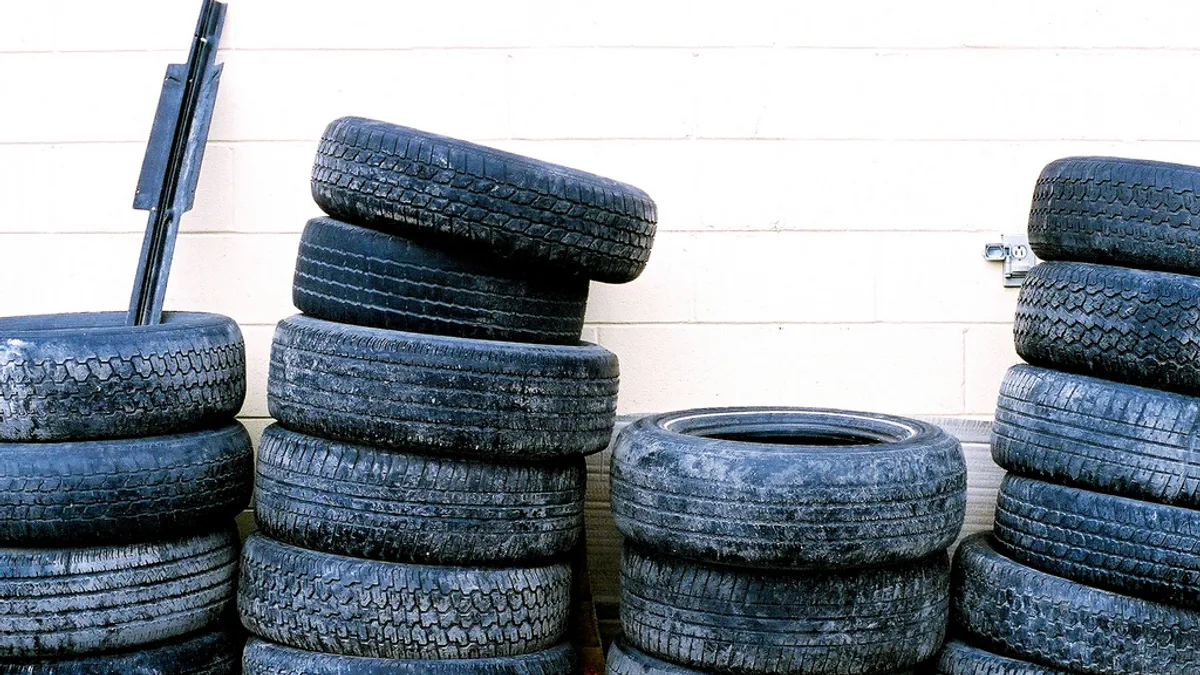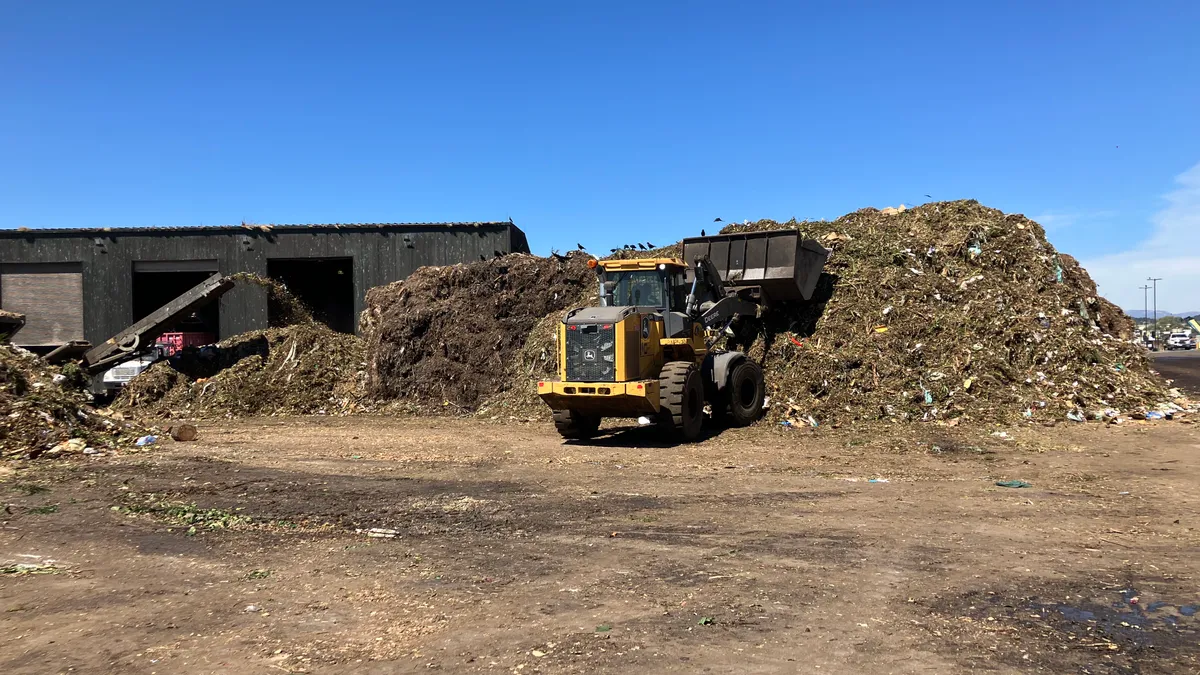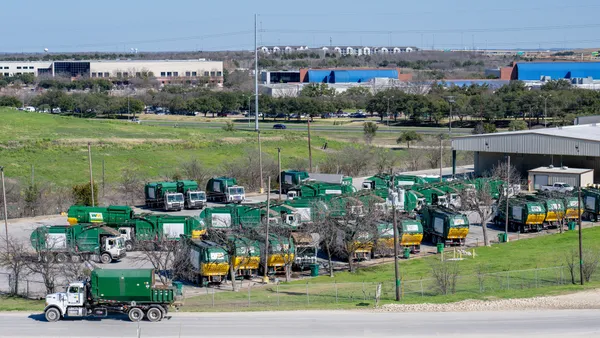Dive Brief:
- Arkansas' state legislature has requested an audit into the state's 11 scrap tire management districts to examine their finances and reporting methods more closely. Some lawmakers say the state's unique system is inefficient and may pursue legislation to change it next spring.
- The districts are operated locally and funded by the state's Department of Environmental Quality (DEQ). Funding is determined by population and the reported number of tires processed.
- According to DEQ, the state recycled 70.9% of its waste tires in 2015 which is up from 61.7% in 2014. Though some officials have also questioned the accuracy of this data.
Dive Insight:
The state's tire district system has been under scrutiny due to ongoing financial issues and a large fire at a processing facility last year. A DEQ official said that one district has reported processing more tires than were sold in the district, which could be a ploy to get more state funding. In response, one legislator proposed some form of tracking system to determine where material is coming from.
A recently passed law prohibits DEQ from withholding funds from districts, even those with potential financial issues. Other districts said they can't recycle enough without money for new equipment. Supplementary grants are also available from the state, though DEQ has no control over them.
Efficient tire recycling operations are an important way to prevent illegal dumping, which can cause environmental damage and potentially create breeding grounds for mosquitoes. Houston has begun requiring scrap tire facilities to register with the city and California awarded $5.7 million in grants to prevent illegal disposal earlier this year.












